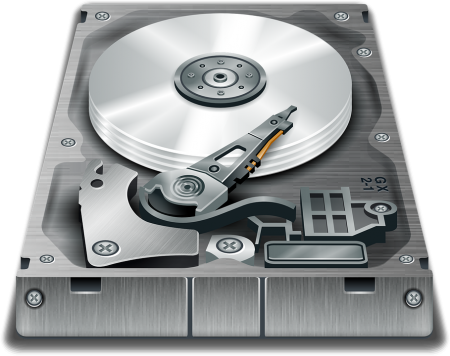“TAKING THE RIGHT PRECAUTIONS”
by Contributor

(Sep. 20, 2019) — Just like most pieces of hardware, your hard drive can fail. The average lifespan of a hard drive is between five and ten years, depending on the manufacturer, and it is also vulnerable to changes in temperature, motion, and humidity. However, there are some things you can do to help prevent damage to your hard drive so that you do not have to experience the devastation of losing important data.
Make Wiser Buying Decisions
Before you buy a new hard drive, you should consider putting some time aside to do some research first. While you might be tempted by a brand-new model that is being promoted by the retailer, exercise some caution. Models that have not been around for long have not been tested and, therefore, any bugs or issues will not have been spotted and dealt with. If they end up with too many, they will be discontinued anyway. Go for a model that has stood the test of time.
Additionally, make sure that the model you choose is a solid-state drive or SSD. This means that you have more chance of your data being saved in the event of failure because it will have been distributed across multiple memory chips. However, be aware that this also means it can be a lot harder to recover the data if it crashes completely. In this case, you are likely to need the help of a hard drive recovery service like SecureDataRecovery.com.
Prevention is Better Than the Cure
After making your purchase, you will still need to take some precautions to prolong the life of your hard drive. First of all, you need to make sure that the OS installation is on a different drive to the user’s home directories. Taking this step means that your computer or laptop has less chance of crashing because it will experience less data writing/reading.
Next, make sure to use a surge suppressor or UPS (uninterruptible power supply). This helps to prevent damage from electrical surges, which could harm your hard drive and any open files. This may sound like simple advice, but it is surprising how many people decide to skip this step.
Lastly, when you set up your device, make sure that it is well ventilated. One of the most common causes of hard drive failure is exposure to heat. Your computer needs to have plenty of space around it so that the airflow is not blocked, and your fans need to be checked to ensure they are working properly. You may want to consider purchasing an additional fan if this is something you are conscious of.
Once You Are All Set Up
Once your computer is up and running, you can also take some additional steps such as installing an antivirus program. You will need to ensure that regular scans are turned on and that it is kept updated. You may also want to consider defragging your machine once a week. This will help your hard drive work at optimum performance, reducing the chances of it failing. Also, if you install an app that monitors your hard drive for you, you will receive an alert whenever it looks like you are about to run into a problem.
By making wise buying decisions and taking the right precautions, you will reduce the risk of experiencing hard drive failure.

